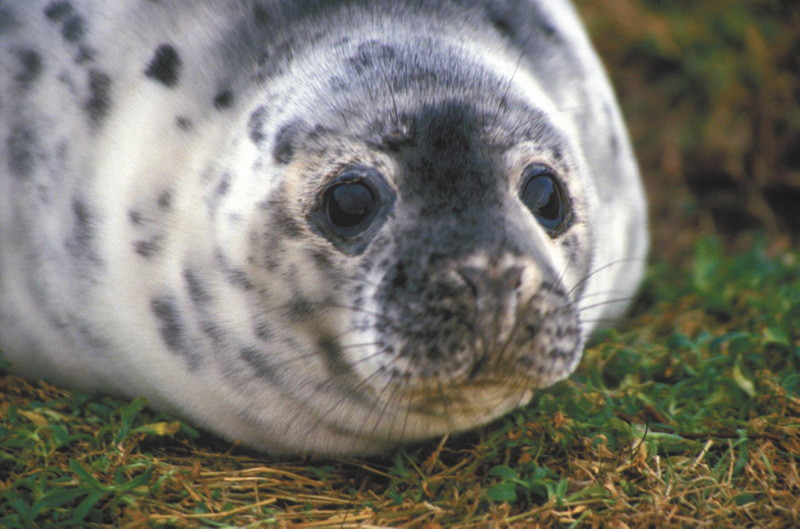Canadian Senate proposes massive seal slaughter
Experts say federal Conservatives putting politics before science
A Canadian Senate committee recently recommended the termination of 70,000 grey seals in order to benefit the country’s cod fishery, raising the ire of scientists and environmentalists from coast to coast.
“Seals are a scapegoat,” said Gretchen Fitzgerald, an Atlantic representative from the Sierra Club of Canada, a prominent environmental organization opposed to the seal cull.
In late October, the Sierra Club put out a scathing media release, claiming the federal government is ignoring science in order to subsidize a dead sealing industry.
“The majority of Northwest Atlantic cod stocks in Canada are endangered with no recovery plans - but instead we are focusing on culling seals,” Fitzgerald said, adding there is little evidence to suggest a definitive correlation between grey seals - who prey on cod - and vastly reduced stocks of the endangered fish.
Since 2009, the federal Department of Fisheries and Oceans (DFO) has argued the seal population in the Gulf of St. Lawrence is responsible for a 0.6 per cent rise in mortality rates among an already endangered cod population.
In response to this, the Senate committee report states they were persuaded to experiment with a seal cull because they hope it will measurably increase cod stocks and help Canadian fishers.
“... We will never rebuild cod stocks in this region at the current grey seal population levels,” said Denny Morrow, a leader and representative of east coast fishers in a 2010 meeting of the now disbanded Fisheries Resource Conservation Council.
The senate report recommends a cull despite acknowledging large data gaps in how the seal population impacts cod stocks.
Conservative Senator Fabian Manning, speaking to the Canadian Press in late October, conceded the cull - which will happen over a four-year period - is on shaky scientific ground.
“There’s no really solid research anywhere that shows us exactly - there’s questions on both sides,” he said, adding the seal cull will be an experiment to determine the effectiveness of such mass slaughters on the cod population.
This uncertainty by the government is turning heads among animal conservationists and environmentalists, who argue an experiment in slaughtering seals will generate no scientifically verifiable results.
“The results won’t be measurable scientifically or reproducible,” said Boris Worm, a biology professor at Dalhousie University, meaning that - even in the aftermath of the seal cull - it will be nearly impossible to determine a definitive correlation between the cull and an increase or decrease in cod stocks.
Jeff Hutchings, a marine biologist who testified before the Senate committee, argues the real problem lies in over-fishing and slack regulations - not grey seal predation.
The Government of Canada has consistently allowed fishing to take place before the cod population was able to recover from overfishing, he said.
Hutchings’s research and DFO modeling show current cod stocks are only 10 per cent of where they ought to be to ensure sustainable fishing.
“Among industrialized fishing nations, the status of Canada’s marine fish stocks is among the worst in the world,” Hutchings wrote in a 2011 report, recommending that Canada establish proper recovery plans.
Norway has instituted a cod recovery plan that protects 100 million square kilometres of ocean.
As a result, the country is able to set their 2013 cod quota at one million metric tonnes, well above Canadian levels.
Isabelle Côté, a marine biology professor at Simon Fraser University, cites the federal Conservatives’ consistent endorsement of the sealing industry as a potential motivation for putting science on the backburner.
“I’m convinced this is a political and not a scientific decision by the senate,” she said.
Representatives from the DFO were unavailable for comment before press time.
Published in Volume 67, Number 14 of The Uniter (December 7, 2012)








